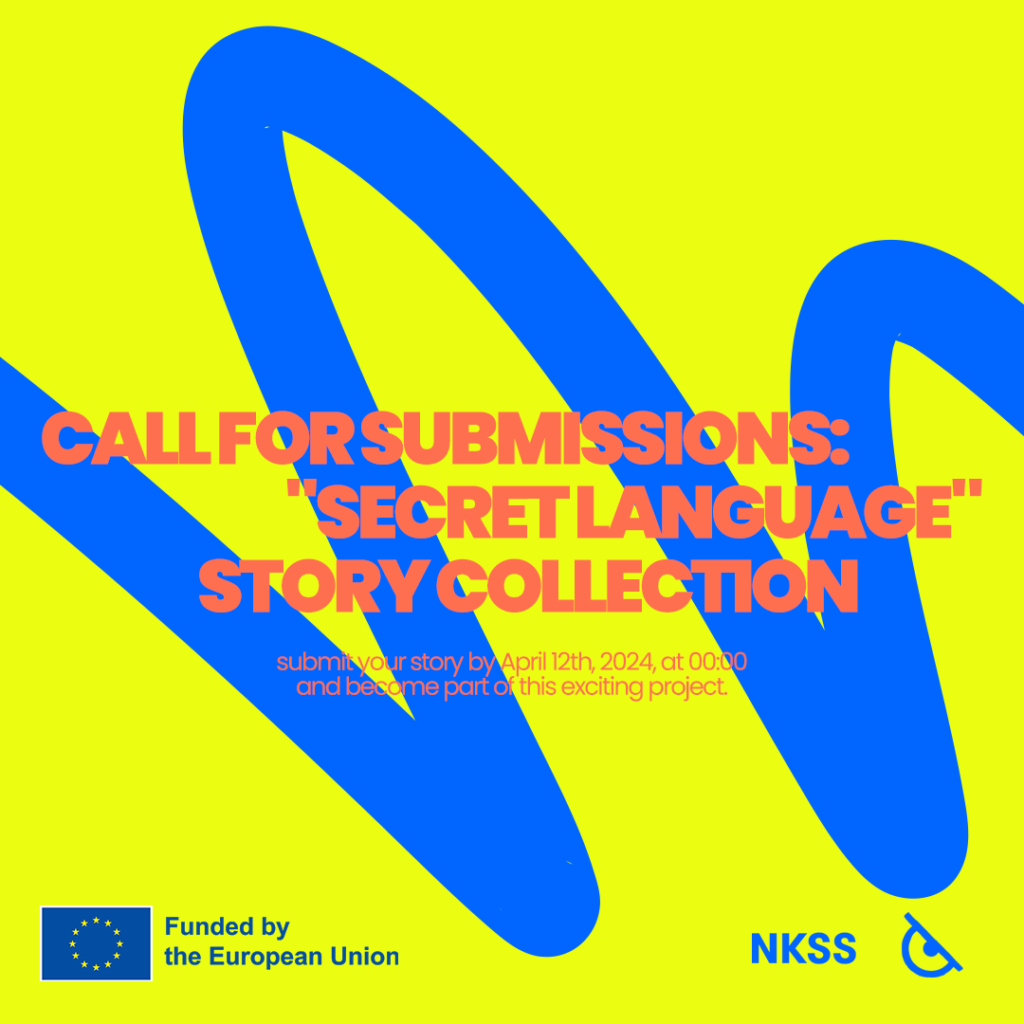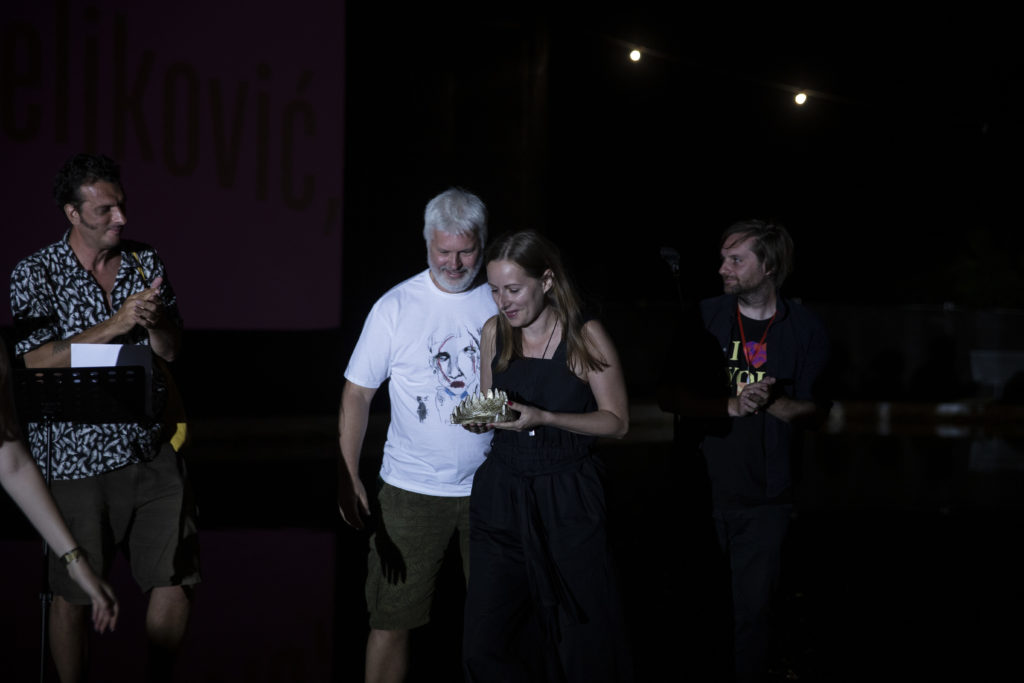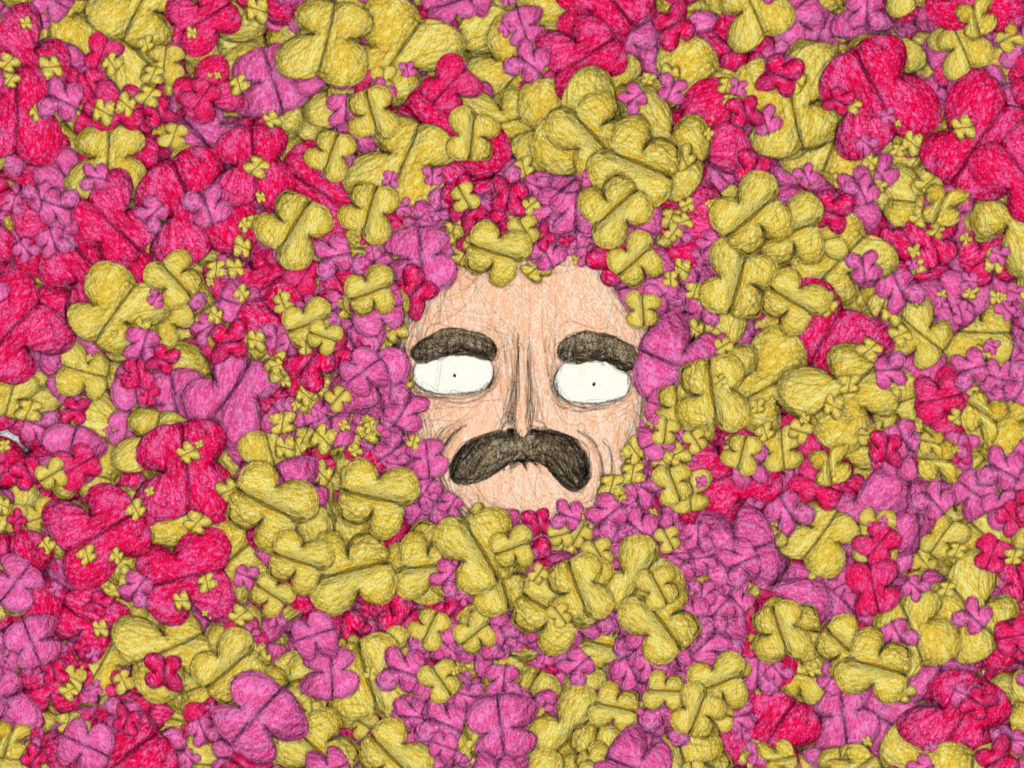Gëzim Selaci: Human Rights Category
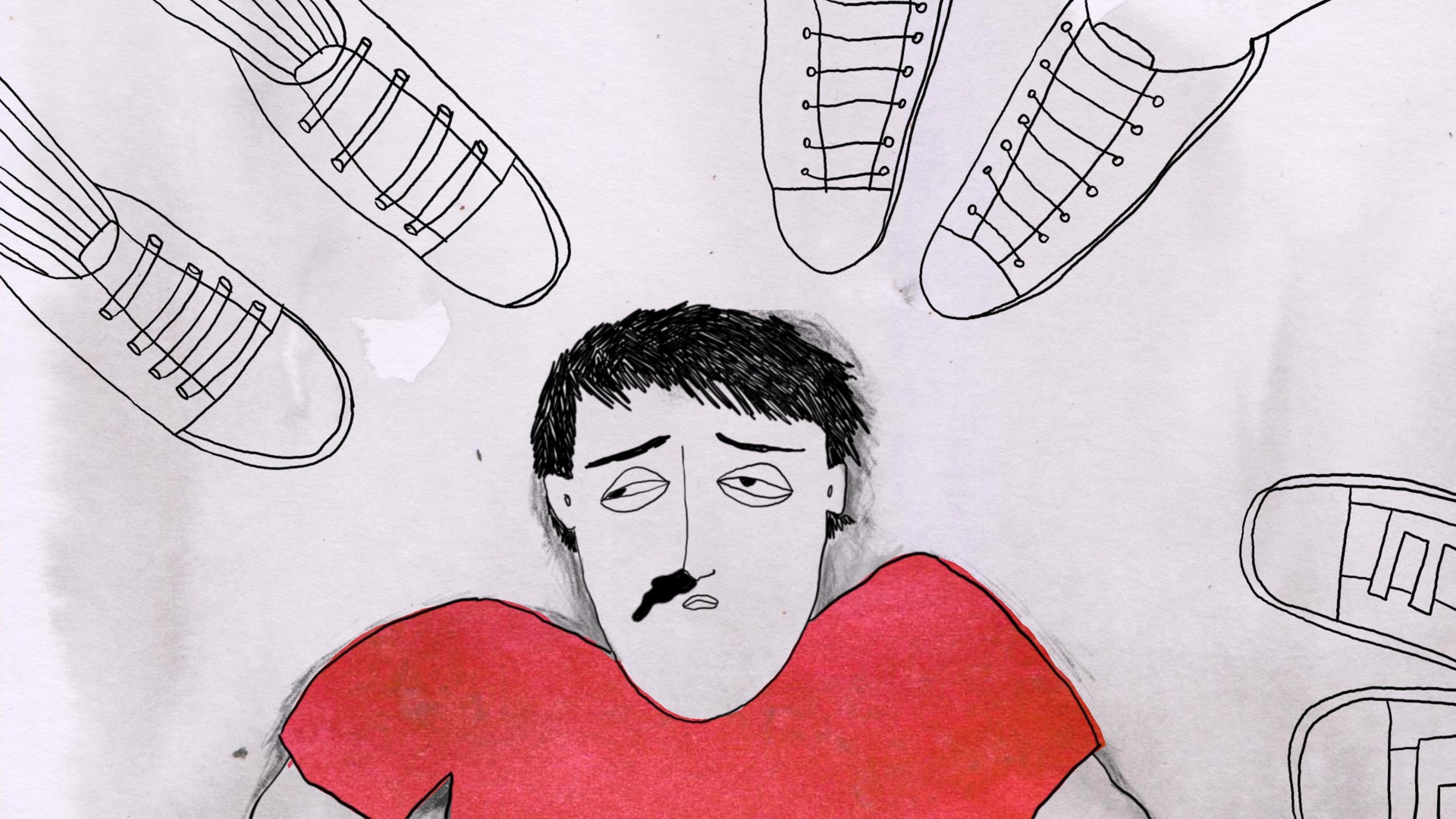
Gëzim Selaci
Through eight stories of young people from all over the globe, this program talks about the human condition by highlighting the victims of social constructs in oppressive societies. The focus is on the question of the violation of the rights of certain gender, race and ethnic categories by the oppressive powers. These categories are migrants, women, and categories of transgender people and races. The terrible thing these oppressive powers have in common is that they hurt, kill, and are present in various societies around the globe.
The program has a temporal and cultural dimension. The temporal dimension is revealed through working children in 18th England whose health and life at work are endangered; immigrant children from Syria in the 21st century, whose hopes for salvation are threatened by the uncertainty of their journey to salvation. The cultural dimension is illustrated by young people being prejudiced and discriminated against as a result of social constraints of race or gender, from oppressive society in the US to that in Croatia.
We live in an age of international and national human rights systems. The developments in the field of human consciousness and in state and international laws, however important and desirable, have nevertheless failed to close the gap between human rights and freedoms as an idea and law, on the one hand, and as ethics that regulates interpersonal relations and as legitimate relations between the state and its citizens, on the other hand.
As illustrated in this program, different categories of people are excluded from their fundamental rights and freedoms. This program aims to provide an informal space for sentimental education through art for human rights in order to educate and raise human awareness towards a culture that respects human rights.
The theme of the films evokes human conscience and the human capacity for compassion. Thus, art becomes a medium that plays an undeniable role in awakening and nurturing a noble human tendency, such as compassion for another who is not like us. The film as a form of artistic expression appeals to human consciousness and emotion, so that people in better and privileged condition put themselves in the shoes of those living in disadvantaged conditions.
The idea of human rights as an ideal, constitutes a political tool in the hands of the oppressed, the excluded, the endangered and the marginalized members of society. It is an ideal that orients our aspirations and efforts for a just and emancipated society. Therefore, the ideal of human rights and freedoms is an agenda of political activism and a cause for political mobilization.
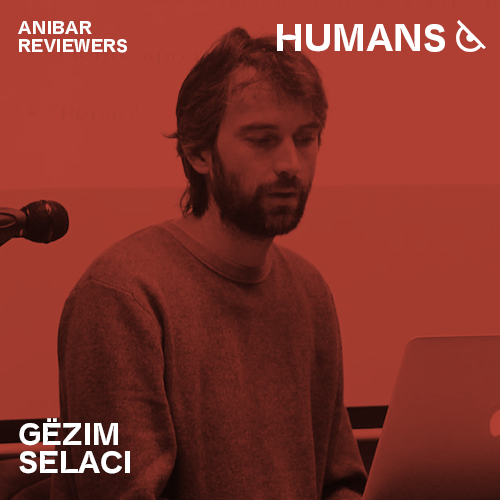
Gëzim Selaci biography:
Gëzim Selaci is a lecturer in the Department of Sociology at the University of Prishtina. He studied Sociology and Political Theory in Prishtina, London and Budapest. His specialization is in legitimizing power and state building. His interest focuses on politics and power in society from an interdisciplinary perspective and extends to understanding the acceptance / rejection of authority, the dynamics of collective identities, and political activism
-The opinions, findings, and conclusions or recommendations expressed herein are those of the Author(s) and do not necessarily reflect those of the Anibar Festival
